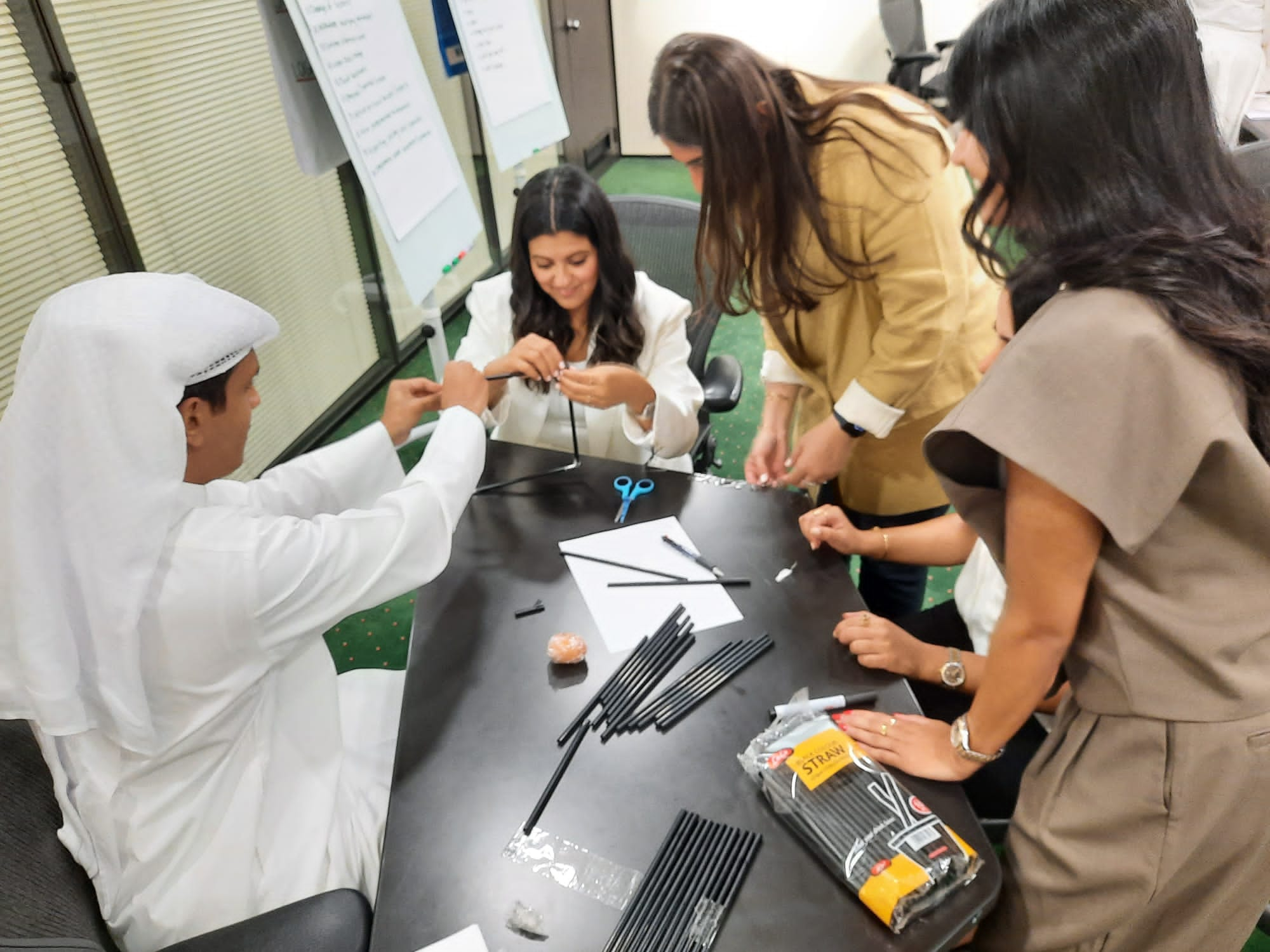negotiation skills Training
For Organisations Only
In-house training
- Face-to-face (flexible structure <15 people)
- Live virtual (flexible structure <15 people)
- Conferences and events (<500 people)
- Webinar (1hr introduction <1000 people)
- With or without actors
- Fully customisable
Negotiation Skills – 2 Days
This engaging two-day course encompasses the widest range of negotiations situations and provides an opportunity for developing and testing skills through role-play scenarios.
This course has been developed as the result of extensive practical experience of live negotiations and the provision of training in both the business and public sectors. The design responds to the learning styles of graduates, those with experience but with no previous training, and those who just wish to refresh their skills.
Course Content
The Winning Negotiator
We start with an activity; case studies are provided for participants to analyse if a negotiation is possible, whether it has already started, and if there are alternatives. Examples of setting objectives are explored for a range of scenarios from business acquisitions to personal purchases. With objectives agreed we move onto planning fallback.
The concept of ‘Tradeables’ is introduced with participants working with their scenarios too develop a range of ‘Tradeables’ and limits. Working again with the same scenarios, participants discussion a range of ‘what ifs’ and build these into their process, to ready themselves for the unexpected.
Personal Skills in Negotiations
Now the negotiation is prepared, participants move on to practical skills, starting with an informative video. The five stages of negotiation are explored to consider how the content of the negotiation is influenced by negotiator behaviour. Key learning includes:
- Getting the Full Picture – Establishing the scope and terms of a negotiation. What you do and say and in what way.
- Asking Questions – Understanding questioning skills in negotiations.
- Summarising- keeping key elements of the progress up front.
- Trading Concessions – Never give anything away. Always exchange a concession for another one.
- Concluding – the final stage is crucial, as is recording.
Power in Negotiations & Practical Session
Participants consider how to gain an upper hand by establishing ‘Power’. ‘Power’ is the advantage one negotiator will establish over the other to extract more favourable terms. Using the scenarios, participants consider both sides of the negotiation, to establish what and how to gain advantage.
In preparation for a full-scale negotiation simulation, participants review negotiations’ objectives and plans. What do they have to do to be effective? How can they develop a win-win outcome? Do they understand the ‘expectations’ gap? How are they going to say ‘No’ assertively? The simulations are structured for the trainer to bring in changing parameters, so negotiations must adjourn to reconsider positions, find new ground to gain ‘Power’ and go back to the negotiation table. Following a thorough simulation review, participants are invited to think-forward and consider their action plans for implementing new learning.
Let's get started...
Contact us with your availability for a call and we will send you a proposal, programme outline and quotation for your learning and development project.
Using Actors in Your Training
Through clever script writing, goose-bump inducing delivery and professional facilitation we can bring so much to life. We stimulate emotion, penetrate the long-term memory and create lasting change.
When we use live drama, we are able to have the actors play out the scenario and then be hot seated for the audience to ask them questions whilst they remain in character. Hot seating works so well because actors work with a pre-rehearsed backstory, so they are able to respond in character. They progressively reveal unexpected elements of their story that will not have previously been told. It can bust assumptions that the audience might have made based on the scenario (situation) but not fully understanding the impact at first sight.
Using actors in this programme enables us to bring to:
- See a typical situation from a different perspective
- Give attendees a chance to challenge the actors whilst they are still in character
- Demonstrate that things aren’t always what they seem at first glance
- Provide delegates with an opportunity to test out alternative ways of approaching different situations
- Create an experience which stays in the long-term memory
Case Study

Kuwait Fund for Arab Economic Development
Upskilling engineering, architectural and bio-medical graduates“I want to take the chance to thank you again for this wonderful course, it’s been my absolute pleasure and honour to be trained by you. I honestly learned a lot during this week, I hope we will keep in touch.”
READ CASE STUDY